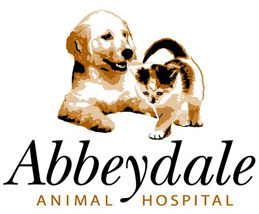Library
-
Regular preventive health care for your dog can increase the length and quality of her life. Health care guidelines are established and kept up to date using the most recent evidence-based recommendations including the recommendation that all dogs receive a complete veterinary examination at least once a year or more frequently, depending on their individual needs and health concerns.
-
Punishment is not recommended as a training or behavior management tool for pets. It can cause fear, frustration, and even aggression. Using punishment can seriously damage a pet’s relationship with people. Training should focus on teaching desirable behaviors rather than on simply stopping undesirable ones. When pets exhibit undesirable behaviors, it is important to determine and address the underlying reason for the behavior.
-
The Wire Fox Terrier could be the canine incarnation of an anti-depressant. This merry little chap lives to play and likes nothing better than to make some mischief. And while he is on the smallish side, he has got the courage and tenacity of dogs twice his size.
-
Wirehaired Pointing Griffons demonstrate love and loyalty to family, making the breed a good companion for active owners. Although calm in the house when given plenty of exercise, the breed has a sense of humor and might drag underwear through the house just as the minister comes calling.
-
As a hairless type, these dogs are good for some allergy sufferers – but meet the dog and find out for sure before you commit. They bond so strongly that they can't be rehomed easily, so you need to be in it for the long-haul.
-
The beautiful, feisty Yorkie acts more like a tough terrier than a delicate toy breed. Despite the luxurious, shiny coat, the Yorkie has a working-class attitude, a fondness for chasing small animals, a big-dog bark, and super-sized self-confidence.
-
Pets and people need some zinc in their diets. However, too much zinc can cause serious health problems. The amount of zinc required to cause poisoning depends upon the pet’s size, the form of zinc ingested, and how much was ingested. Some forms of zinc are more readily absorbed than others.

